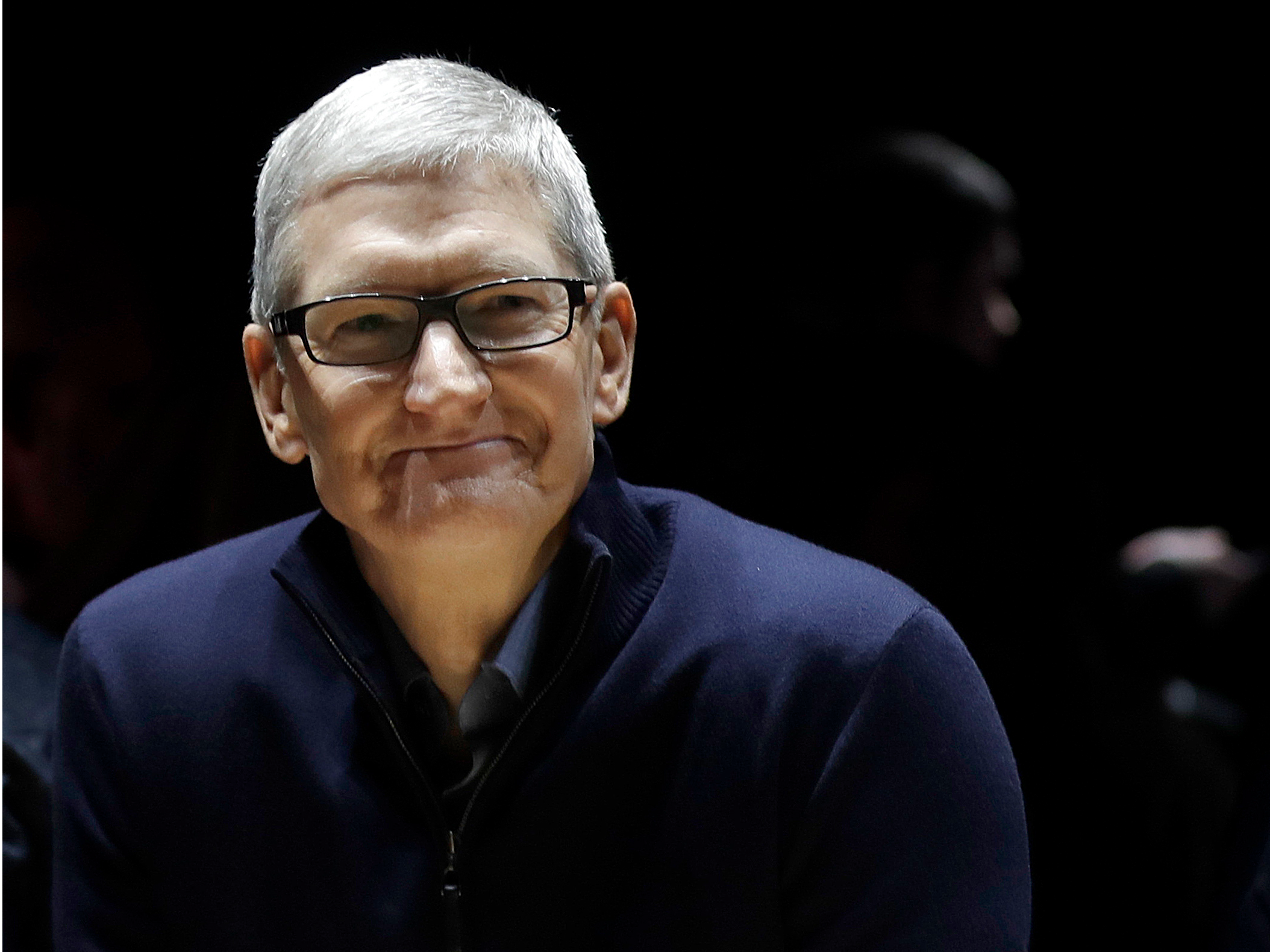Apple has asked its primary manufacturing partners, Foxconn and Pegatron, to explore making iPhones in the US, Nikkei reported on Thursday.
Foxconn has worked on a plan, according to the report, but Pegatron has not, saying that it would be too expensive. Foxconn Chairman Terry Gou is reportedly lukewarm on the plan, too, because of the rise in production costs.
Foxconn’s second most powerful executive, Sharp President Tai Jeng-Wu, talked about making parts in the United States during a recent public speech.
“We are now building a new [OLED] facility in Japan. We can make [OLED panels, a kind of screen] in the US too,” he said. “If our key customer demands us to manufacture in the US, is it possible for us not to do so?”
One key reason Apple might be considering a made-in-America iPhone is because President-elect Donald Trump has publicly called for the company to build its product in the US, and threatened tariffs on imports from China.
"I'm going to get Apple to start making their computers and their iPhones on our land, not in China," Trump said during a rally in March. "How does it help us when they make it in China?"
Apple sold 232 million iPhones in 2015.
A more expensive iPhone
There are many reasons a made-in-America iPhone is improbable, starting with cost. "Making iPhones in the US means the cost will more than double," a source told Nikkei.
But there are other problems. Most of the parts that go into an iPhone come from companies in Asia, and the just-in-time manufacturing processes that Apple uses mean that shipping components across the Pacific Ocean could become costly.
"A large part of the reason electronics moved overseas is because of the entire supply chain over there," Columbia economics professor Amit Khandelwal previously told Business Insider. "It may be a lower cost to produce the final product as compared to the US, but there's also an advantage is that you're close to your other input suppliers who are other parts of the East Asia supply chain."
Even if iPhones were made in the US, economists say there's a chance that the factories would use a substantial amount of automation and robots, which means that the production of a made-in-America iPhone might not create as many jobs as Trump supporters may expect.
Apple currently makes the Mac Pro in Texas, but that's a low-volume product. It also makes some iMacs in Ireland.

